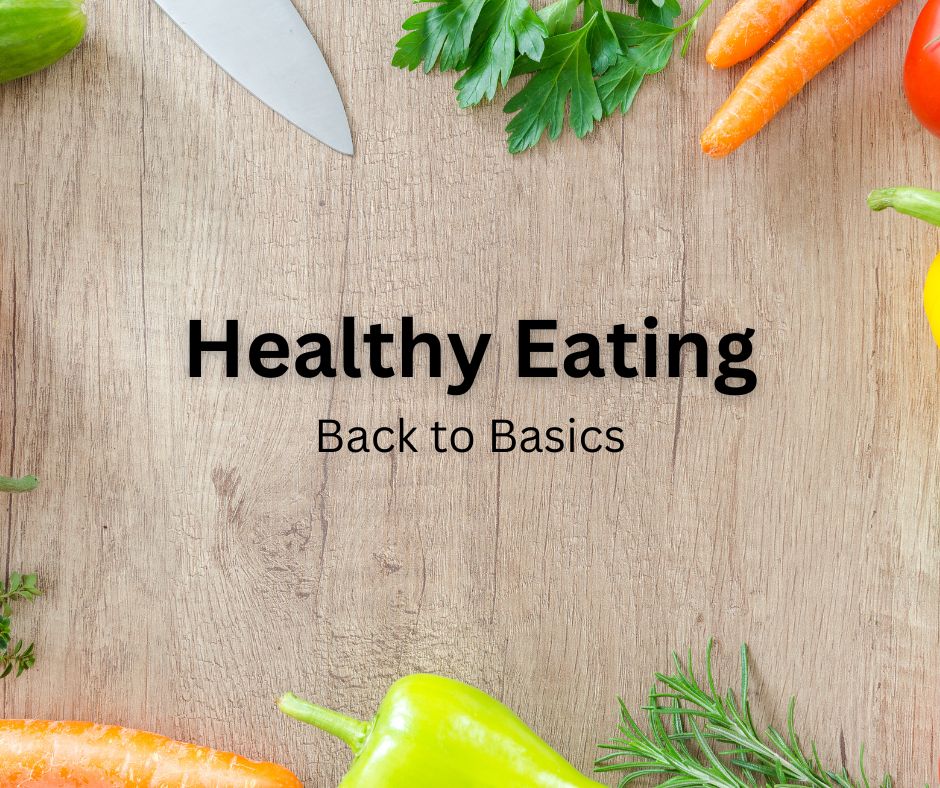Healthy fats (sometimes called unsaturated, polyunsaturated or monounsaturated fat) help to lower blood cholesterol and triglycerides (types of fat in your body). They also reduce your risk of heart disease, especially if you use them instead of unhealthy fats.
Unhealthy fats (sometimes called saturated fat) can raise blood cholesterol, clog arteries and increase your risk of heart disease.
Healthy fats include fish oil and most plant-based oils (for example olive and avocado). You can find them in:
• nuts and seeds
• avocados
• fish (especially tuna, salmon, sardines, and mackerel).
But while these are healthy fats, they still provide lots of energy, so it’s important not to eat too much of them. We only need small amounts to get benefits from them. One to two tablespoons of a good oil, or some nuts, avocado, salad dressing or mayonnaise is enough for one day.
Unhealthy fats, sometimes called saturated fats, include coconut and palm oil and most animal fats (such as meat fat, chicken fat, butter, lard, dripping, cream, sour cream and the fat in full-fat milk, milk products and cheese).
These fats are in many common foods, such as:
• processed meats such as sausages, salami and canned corned beef
• deep-fried food such as fish and chips
• takeaways such as meat pies and pizza
• cakes, biscuits and pastries
• coconut cream
• potato chips, high-fat crackers and creamy dips.
Ways to eat less unhealthy fat
Try to limit how much unhealthy fat you eat. There are some simple ways you can do this:
• choose non-fatty (lean) meat or remove any visible fat from meat before you cook it
• take the skin off chicken after you’ve cooked it
• use plant-based spreads and oils instead of butter (you can bake with them as well)
switch to lower-fat milk (green, yellow or light blue top) and reduced-fat cheese, such as Edam and Noble
• use small amounts of light coconut milk instead of coconut cream
choose healthier takeaway options, such as sushi, or kebabs and wraps with plenty of salad – avoid deep-fried food and processed meats.


